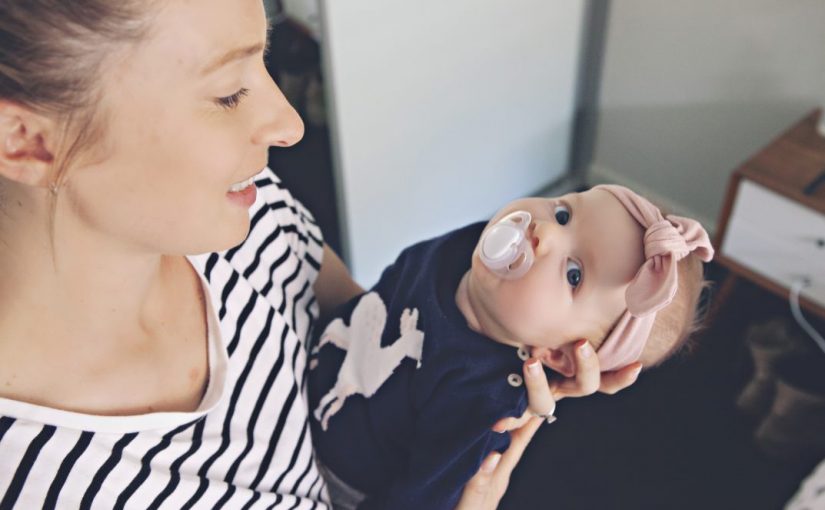“This plan will be a legacy for generations.”
Those were the words from Paediatric neurologist Dr Michelle Farrar last month in response to the announcement from Health Minister Greg Hunt that the government would be investing tens of millions of dollars into improving access to pre-natal genetic testing for prospective parents.
It is the single largest investment of the Medical Research Future Fund and has been dubbed “Mackenzie’s Mission” after Mackenzie Casella, who sadly past away last year, aged 7 months, due to spinal muscular atrophy (SMA).
Mackenzie’s parents, Rachael and Jonny, have been working tirelessly since the tragic death of their daughter to raise awareness for the genetic condition and to lobby for increased testing so that other parents don’t have to go through the same pain. They joined Minister Hunt for the announcement at the start of March. Jonny said;
“It means everything to us. We’ve been lobbying so hard for months to try and make a change in this country, and for Mackenzie’s life to be acknowledged in this way, I can’t even express how much it means.”
SMA is a rare, genetic condition whereby a loss of motor neurons causes muscle to waste away. This usually starts in the limbs but eventually the muscle loss affects the person’s ability to swallow or breathe. If both parents carry the SMA genetic mutation, there is a one in four chance that their child will develop the disorder.
The parents explained they had never heard of SMA before their daughter was diagnosed at ten weeks old. They certainly were not aware that there was a blood test available that would have told them they are both carriers of the SMA gene before Rachael became pregnant.
Currently expectant parents can pay $385 for a blood test to find out if they are carriers for SMA, cystic fibrosis and Fragile X syndrome. Approximately 1 in 20 Australians carry at least one of the gene mutations.
But the cost could be a barrier for some people and there is poor awareness that the test is an option, even amongst doctors. As well as going towards subsidizing the test for any prospective parents that wish to have it, the investment will also be used to increase awareness amongst the general population and healthcare professionals around genetic screening.
Rachael and Jonny hope that this will one day mean pre-pregnancy screening is routine for anyone in Australia wishing to have a child.
Further down the line funding will also go towards increasing testing for those going through IVF. Fertilized eggs can be tested for genetic markers before implantation, which as the Minister put it “is a far less traumatic process than discovering in utero.”
Finally, some of the money will be invested into research and improving access to treatment for those with existing genetic conditions.
Dr Melody Caramins, a Sydney based genetic pathologist welcomed the announcement from the Health Minister;
“Not everyone will want the test but it’s important that we arm expectant parents or those planning a pregnancy with the necessary information to make that decision. If people are not aware that a test exists, or if it is not easily accessible, we are wasting this incredibly valuable technology.”

